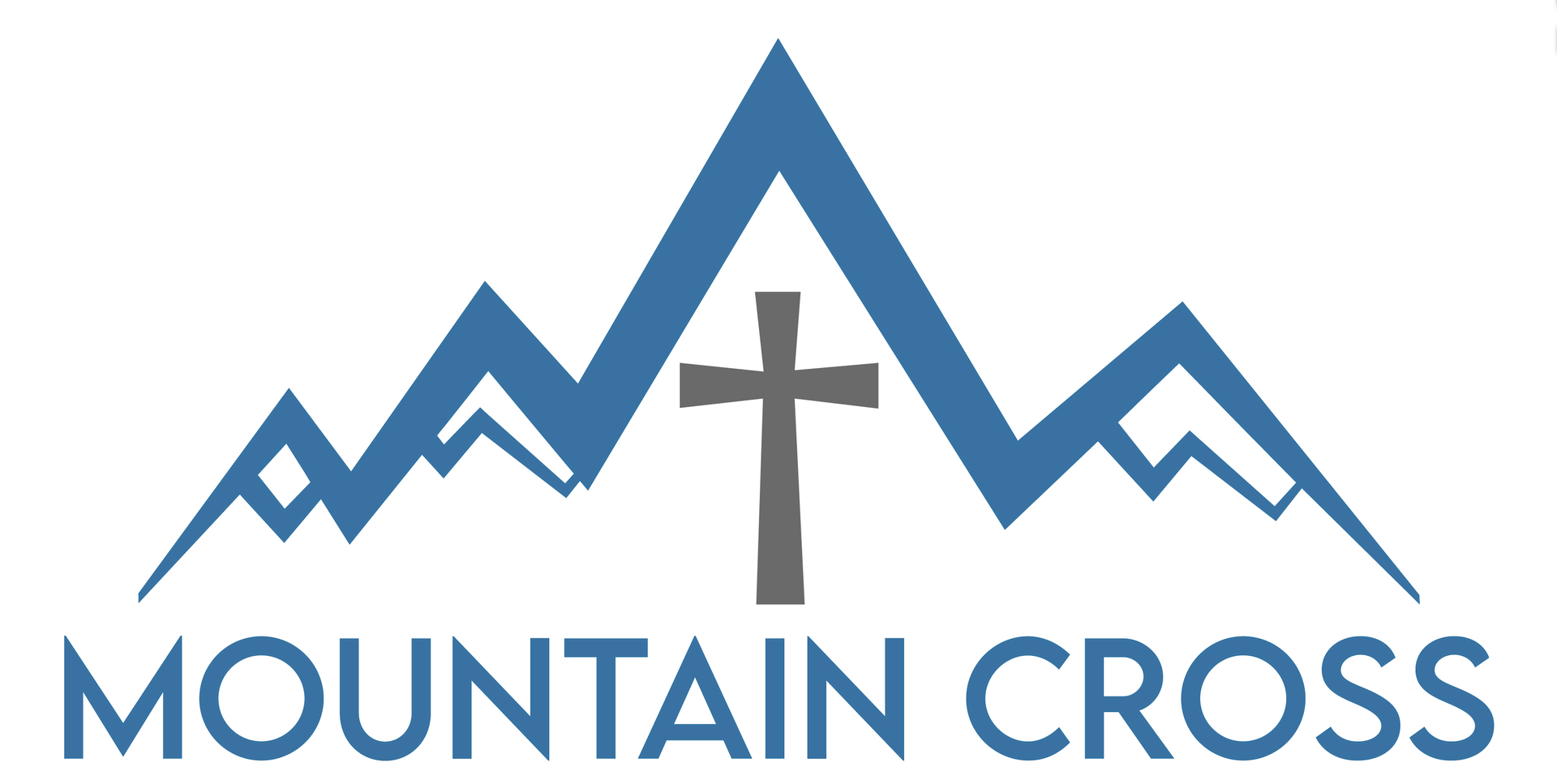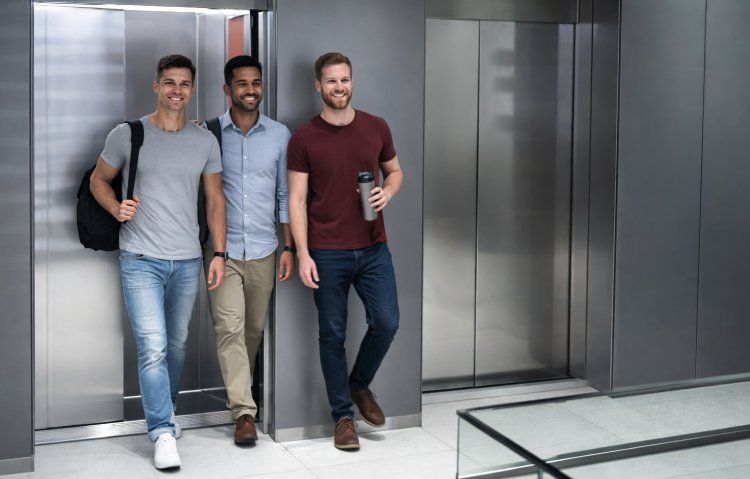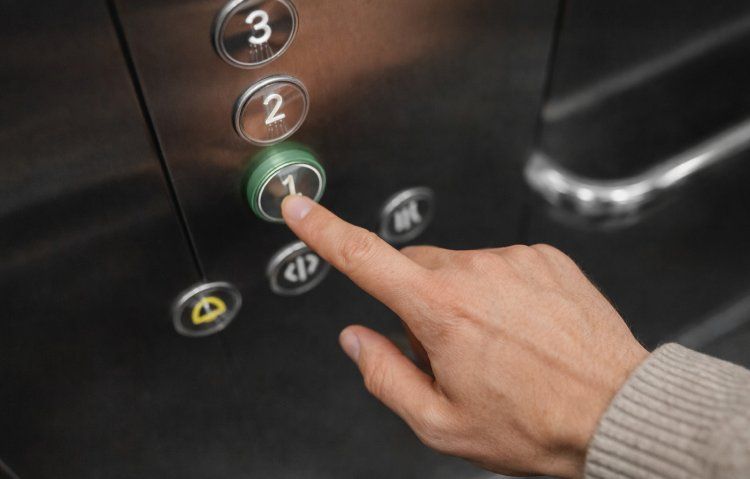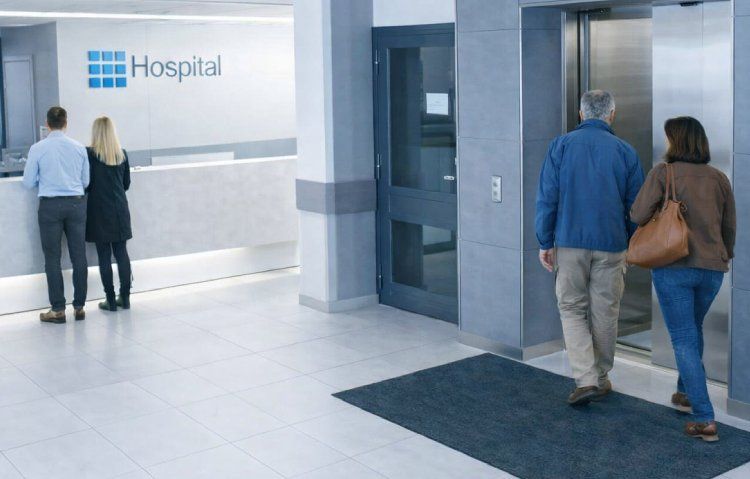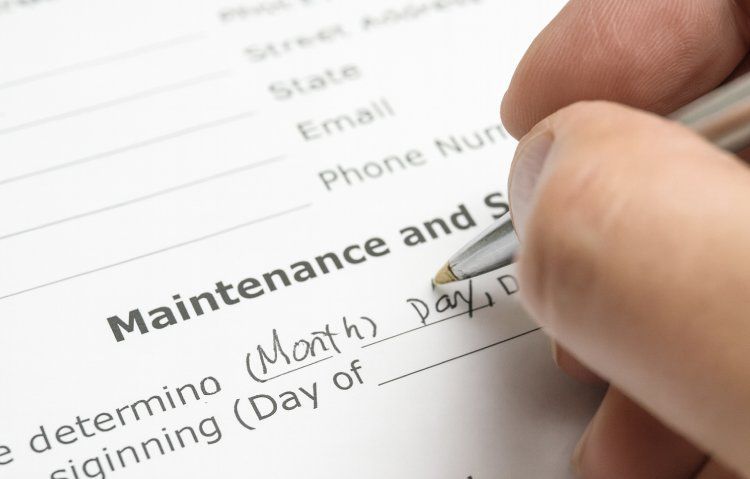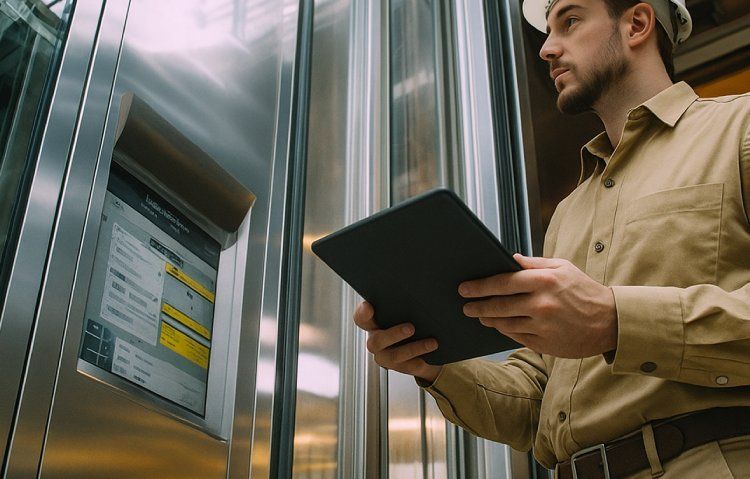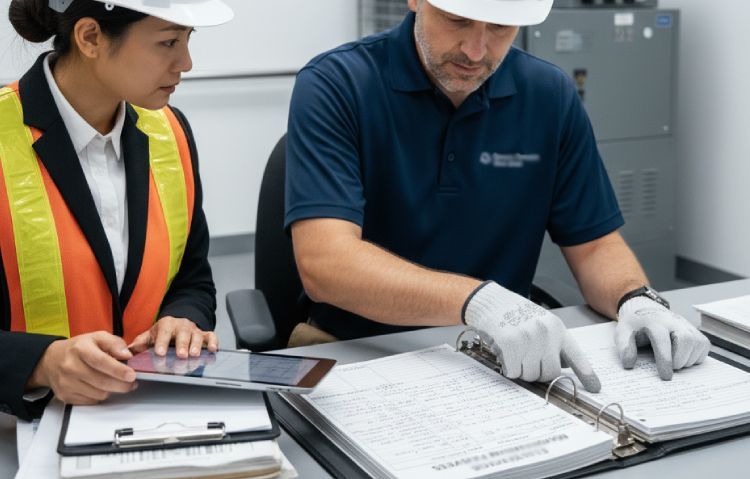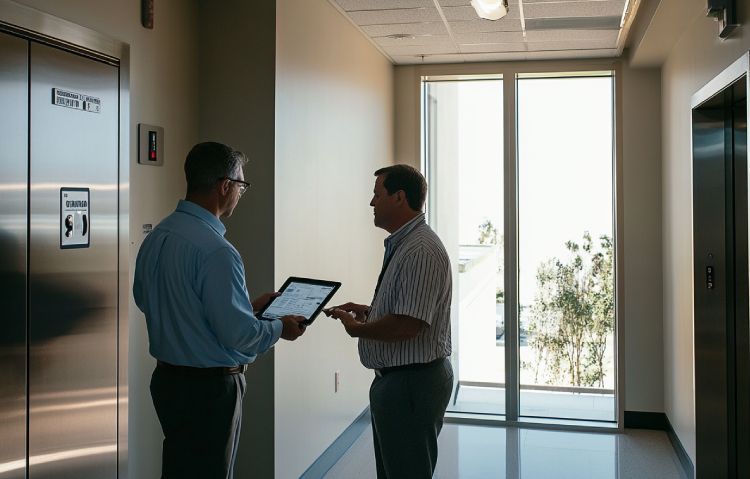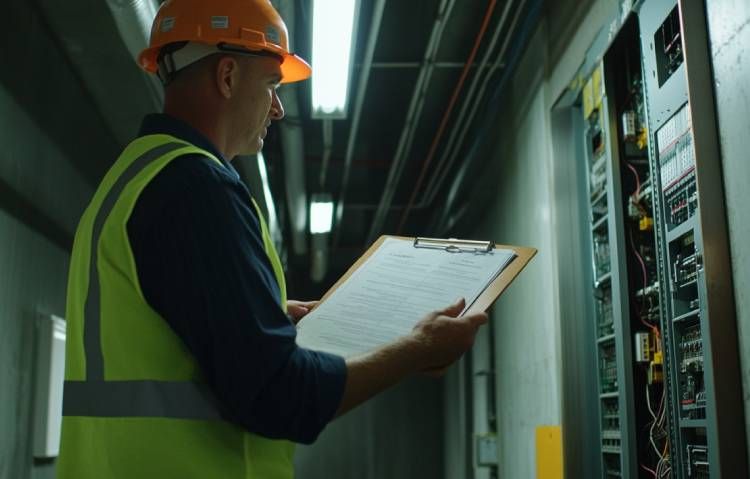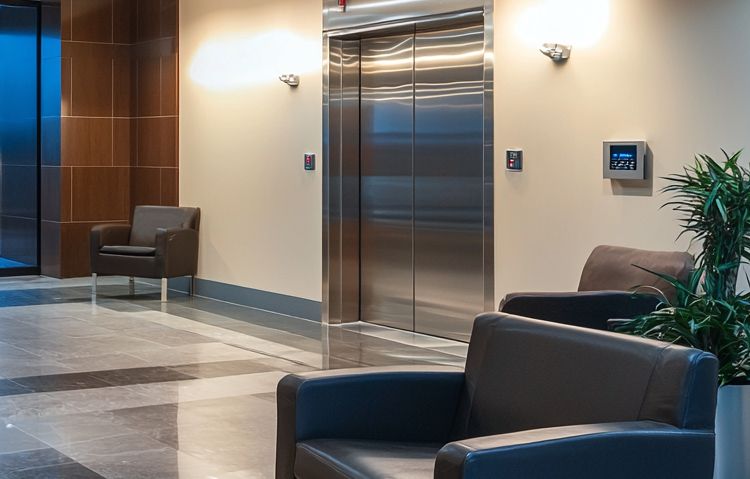Elevator Standard Codes and Standards All Buildings Should Know
In the fast-paced environment of modern buildings, elevators play a crucial role in ensuring smooth transportation between floors. However, with their importance comes a great responsibility for building owners and managers. Elevators must comply with stringent codes and standards to ensure safety, functionality, and reliability. In this comprehensive guide, Mountain Cross Consulting outlines the elevator codes and standards that all buildings should know. Following these regulations ensures compliance, enhances passenger safety, and helps prolong the lifespan of your elevator system.
Understanding Elevator Codes: Why Compliance is Non-Negotiable
Elevator codes are established to promote safety, operational efficiency, and accessibility. Ignoring these standards can result in costly penalties, liabilities, and even accidents. Compliance with the standards set by regulatory bodies is vital for the safety of all elevator users, whether they are commuters or maintenance staff.
The Importance of Elevator Safety Standards
Elevators are intricate systems involving several mechanical and electrical components. Without standardized regulations, there would be inconsistencies in the safety measures applied, leaving room for accidents. By adhering to elevator safety codes, building managers can ensure:
- Prevention of mechanical failures
- Emergency preparedness during malfunctions
- Accessibility for individuals with disabilities
- Protection against accidents and injuries
Mountain Cross Consulting advocates for the adherence to all applicable safety codes to minimize risk and ensure peace of mind for both passengers and property owners.
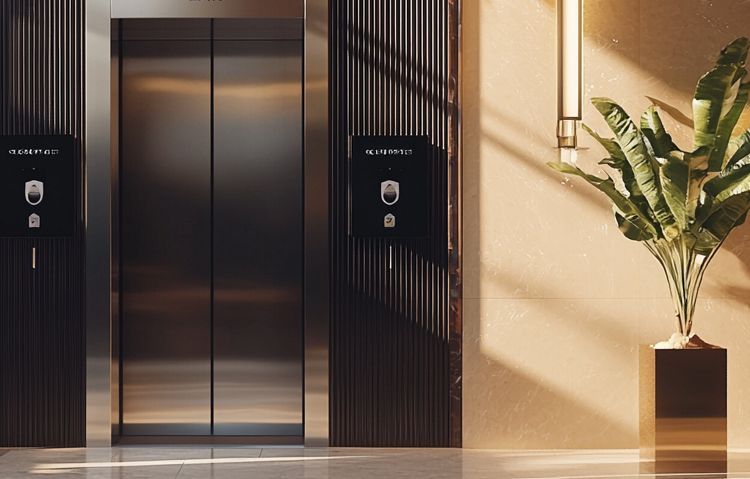
Key Elevator Codes and Regulatory Bodies
Several organizations and governing bodies are responsible for developing the codes that govern elevator installation, maintenance, and operation. Understanding these authorities is the first step toward compliance.
ASME A17.1 – Safety Code for Elevators and Escalators
The ASME A17.1 Safety Code for Elevators and Escalators, published by the American Society of Mechanical Engineers, is one of the most widely followed standards in the U.S., regulating the design, installation, and maintenance of elevators, escalators, and related systems.
- Elevator car construction
- Emergency operation and signaling devices
- Maintenance, inspections, and testing procedures
Key ASME A17.1 Guidelines:
Some critical components of ASME A17.1 that every building should follow include:
- Car Safeties: Devices that activate when an elevator exceeds a certain speed, bringing the car to a controlled stop.
- Braking Systems: Ensures elevators stop smoothly and safely.
- Emergency Power Systems: Elevators must function or default to a safe position during power outages.
NFPA 70 – National Electrical Code
The National Fire Protection Association (NFPA) outlines the National Electrical Code (NEC), also known as NFPA 70, which provides electrical standards for elevator systems. Since elevators rely on electrical systems for operation, compliance with NFPA 70 is crucial to prevent electrical fires and malfunctions.
Key NFPA 70 Standards:
- Wiring Installation: Elevators must use fire-resistant cables to reduce the risk of electrical fire.
- Emergency Power Circuits: Backup power systems must meet NEC standards to ensure the elevator can operate during power failures.
- Control Panels: All electrical control panels for elevators must be accessible and clearly labeled.
ADA Compliance – Accessibility for All
The Americans with Disabilities Act (ADA) sets forth requirements for elevators to ensure accessibility for individuals with disabilities. Any commercial or public building must comply with ADA standards, which cover a range of specifications including elevator size, control button height, and auditory signals.
ADA Elevator Requirements
Some essential ADA standards for elevators include:
- Door Width: Minimum of 36 inches to accommodate wheelchairs
- Control Panel Height: Buttons must be accessible to individuals using wheelchairs
- Audible Signals: Elevators should have a sound system that announces each floor and direction of travel
- Braille Markings: All control buttons must include Braille markings for visually impaired passengers
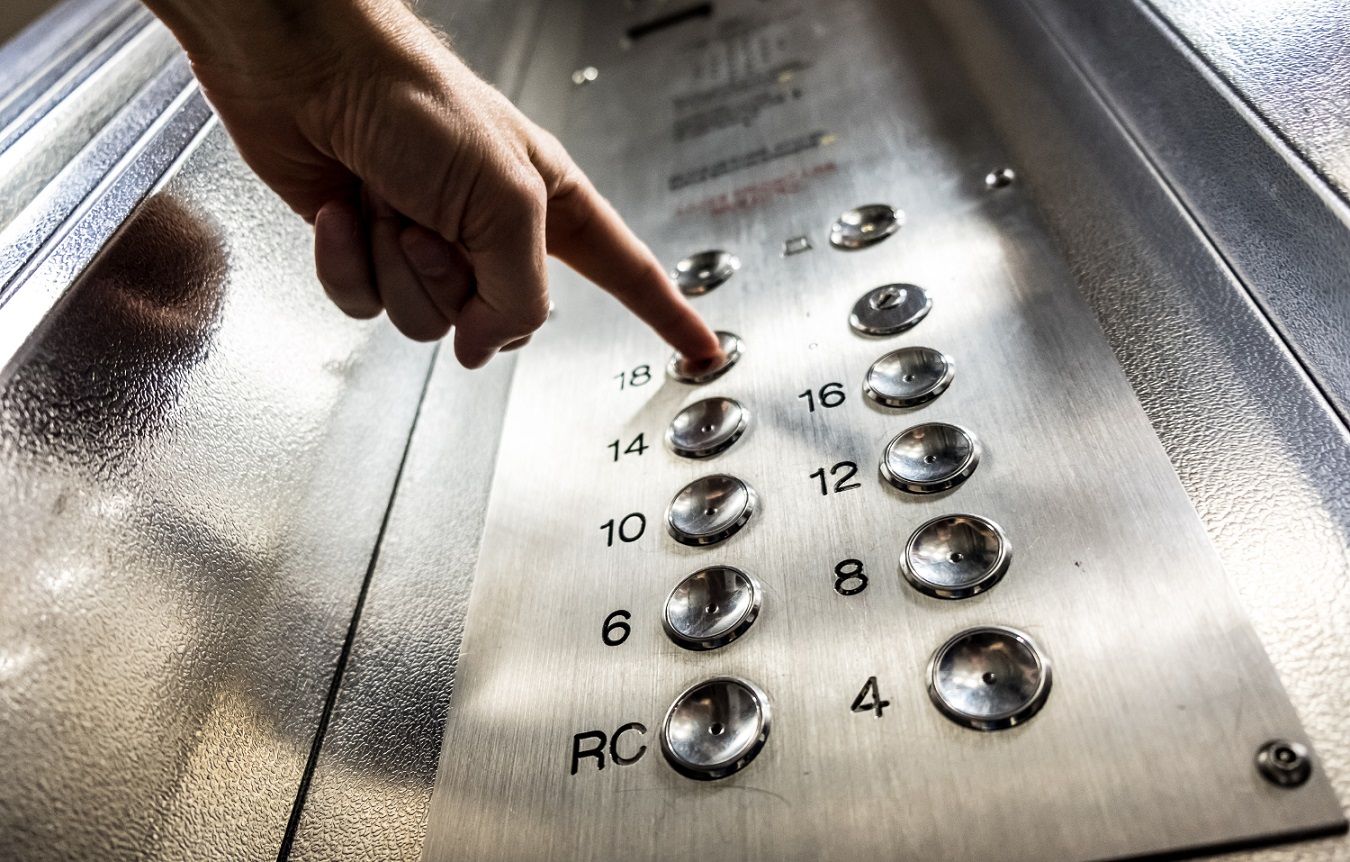
Routine Inspections and Maintenance Standards
Regular maintenance and inspections are not optional; they are required by law. Failure to comply with maintenance standards can result in elevator shutdowns, fines, and endangerment of lives. Mountain Cross Consulting emphasizes the importance of adhering to both local and federal maintenance codes.
State and Local Elevator Codes
While national standards such as ASME A17.1 and NFPA 70 provide a framework, state and local regulations may impose additional requirements. Each jurisdiction has its own elevator safety laws that cover:
- Inspection frequency
- Permit requirements
- Maintenance documentation
It’s critical for building owners to stay informed of local elevator codes to avoid penalties and ensure compliance.
Elevator Inspection Checklist
During routine inspections, elevator technicians will typically check the following:
- Braking Systems: Are they operating efficiently?
- Control Systems: Is the electrical control panel in good working order?
- Emergency Communication Systems: Is the emergency phone or intercom functional?
- Cabling: Are the elevator’s suspension cables in good condition?
Mountain Cross Consulting provides comprehensive elevator inspection services, ensuring your system meets all local, state, and national codes.
The Future of Elevator Codes: Sustainability and Smart Technology
As elevators evolve with smart technology and energy-efficient designs, codes are also adapting to new innovations. New elevator systems prioritize both environmental sustainability and advanced safety features, ensuring buildings of the future remain compliant while reducing their carbon footprint.
Energy Efficiency Standards
Green building initiatives are pushing for elevators to become more energy-efficient. The IECC establishes standards for minimizing the energy use of building systems, with specific guidelines for elevators.
- Regenerative Drives: Elevators that can convert excess energy into usable power.
- Energy-Efficient Lighting: Use of LED lighting in elevator cars to reduce energy consumption.
- Standby Mode: Elevators that reduce power usage when idle for extended periods.
Smart Elevators and Technological Innovations
Modern buildings are adopting smart elevators equipped with touchless controls, IoT sensors, and real-time diagnostics. Not only do these technological improvements elevate the user experience, but they also meet the latest standards for data security and system efficiency.
- Touchless Technology: Reduces contact points to improve hygiene, a feature increasingly necessary in high-traffic environments.
- IoT Sensors: Provide real-time data on elevator performance, reducing downtime and enabling predictive maintenance.
- Remote Monitoring: Ensures constant surveillance of elevator systems, enabling technicians to identify and address issues before they escalate.
Stay Compliant with Expert Consulting Services
Staying compliant with elevator codes and standards can be overwhelming, especially as regulations evolve. At Mountain Cross Consulting, we offer expert elevator consulting services to ensure your building adheres to every safety and regulatory requirement. Whether you need a compliance audit, routine inspections, or assistance with modernization, our team is here to help.
How Mountain Cross Consulting Can Help
- Code Compliance Audits: Ensure your elevator meets all local, state, and national codes.
- Routine Inspections: We provide thorough inspections to keep your elevator running smoothly and safely.
- Modernization Services: Upgrade your elevator to meet the latest standards in technology and energy efficiency.
- Emergency Support: When things go wrong, our team is ready to respond quickly and effectively.
Frequently Asked Questions
What are the essential elevator safety standards to follow?
The most critical elevator safety standards include ASME A17.1, which covers design, installation, and maintenance, and NFPA 70, which ensures proper electrical system setup. Additionally, elevators must comply with ADA standards for accessibility. Routine inspections and maintenance are critical to maintaining compliance, preventing accidents, and steering clear of expensive penalties. Mountain Cross Consulting ensures your elevators meet all safety and legal requirements.
How often should elevators be inspected?
Routine inspections for elevators are required at least annually, though the exact frequency depends on local and state regulations. Regular maintenance ensures operational safety, prevents breakdowns, and keeps the elevator in compliance with standards like ASME A17.1 and NFPA 70. Mountain Cross Consulting provides thorough inspection services to keep your elevators running efficiently and up to code, reducing risks and prolonging system life.
What happens if an elevator doesn’t meet compliance standards?
Non-compliance with elevator standards can result in shutdowns, fines, or even legal liability if an accident occurs. In addition to safety risks, non-compliant elevators can lead to operational inefficiencies and costly repairs. Regular inspections and adherence to standards such as ASME A17.1, NFPA 70, and ADA requirements help avoid these issues. Mountain Cross Consulting can assess and guide your elevators to full compliance.
How does ADA compliance affect elevator design?
ADA compliance ensures that elevators are accessible to individuals with disabilities, including wheelchair users and visually impaired passengers. Key features include appropriate door width, control button height, and audible signals. Non-compliance can lead to legal issues and fines. Mountain Cross Consulting ensures your elevators meet all ADA requirements, enhancing accessibility while keeping your building compliant with all relevant codes.
How can I modernize my elevator to meet new standards?
Modernizing your elevator can improve safety, energy efficiency, and compliance with updated codes. Upgrades may include regenerative drives, smart technology, and ADA enhancements. These innovations help reduce energy consumption and ensure your system remains compliant with evolving regulations. Mountain Cross Consulting offers comprehensive modernization services, guiding you through the process to ensure your elevators meet the latest standards while boosting performance and safety.
Secure Your Building’s Compliance Today!
Elevator codes and standards exist to protect everyone who uses your building’s vertical transportation system. Compliance isn't just about meeting regulations—it's a key factor in safeguarding the safety and well-being of those who rely on your building. Mountain Cross Consulting is your trusted partner in navigating these complex regulations. Contact us today to schedule a compliance audit or to learn more about how we can help keep your elevator systems up to code.
Prioritizing safety and staying proactive with regulatory updates will keep your building compliant, efficient, and secure for the future. Let Mountain Cross Consulting guide you through every step of the process.
Ready to work with Mountain Cross Consulting?
Let's connect! We’re here to help.
Send us a message and we’ll be in touch.
Or give us a call today at 224-500-0321
